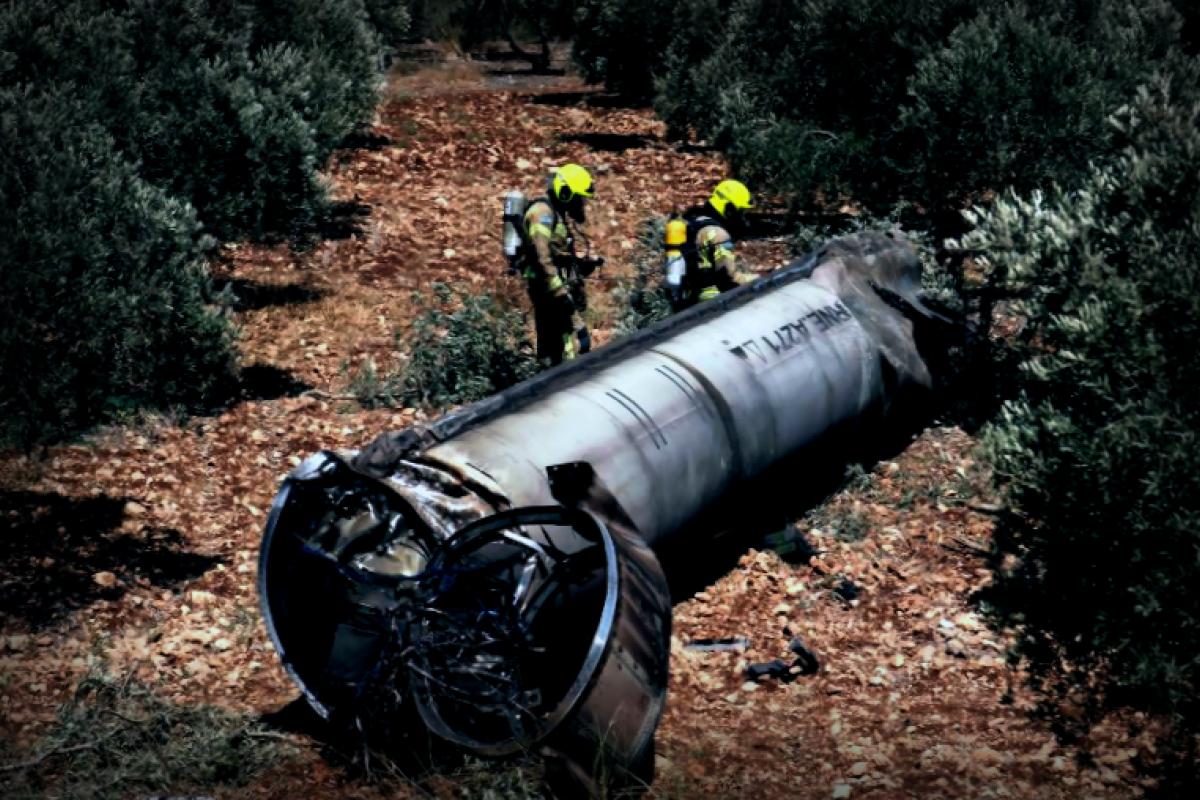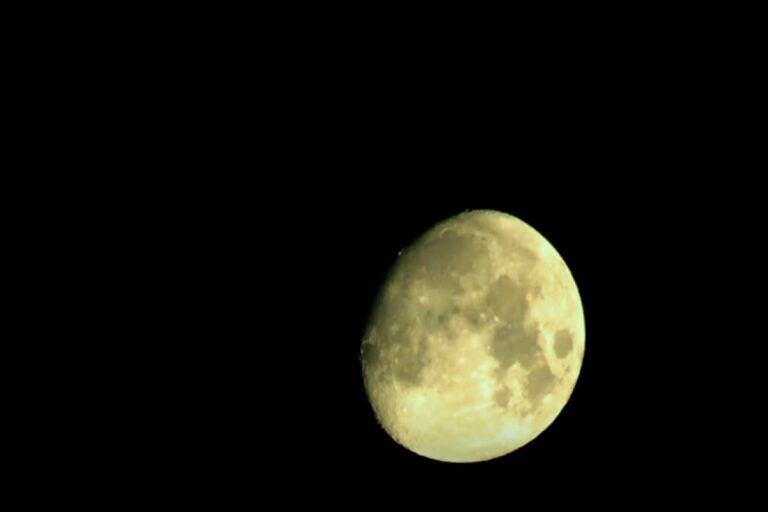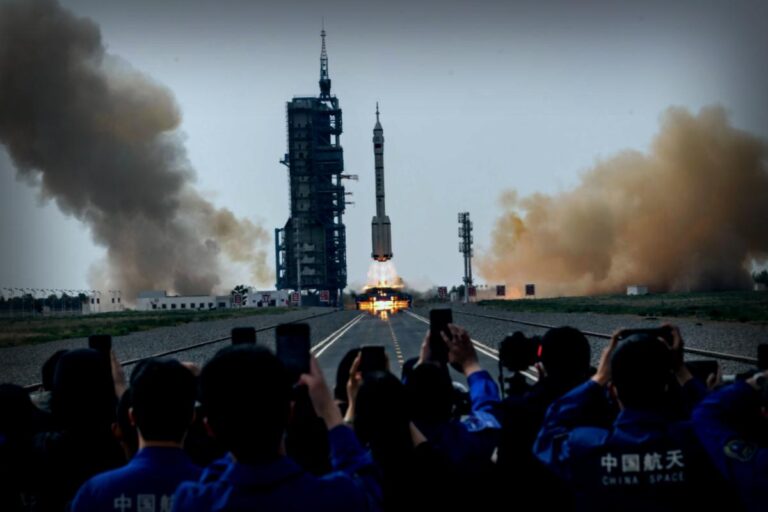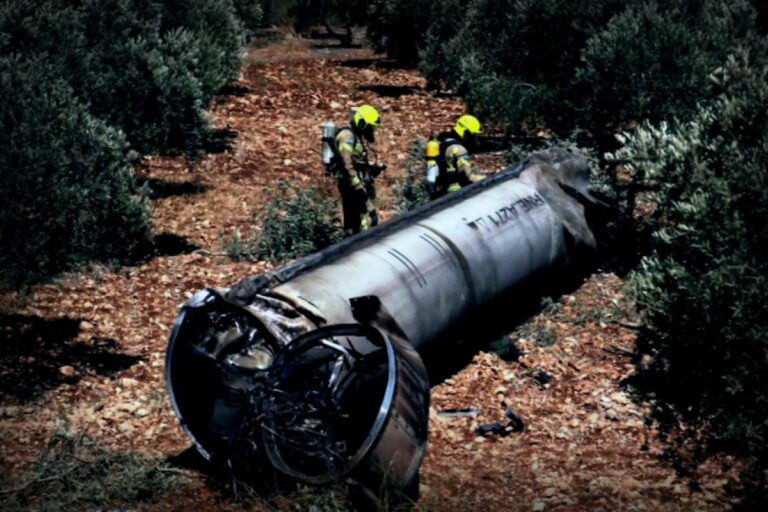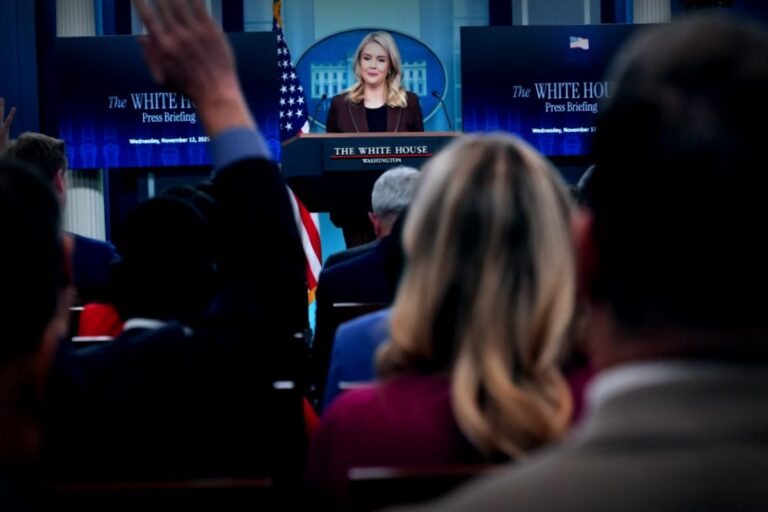Recently, US lawmakers have taken a stand, urging the Trump administration to respond to alarming reports indicating that Chinese businesses are aiding Tehran in revitalizing its ballistic missile capabilities, all while flouting United Nations regulations. This was prompted by a letter from Representatives Raja Krishnamoorthi and Joe Courtney in light of CNN’s reports last month on the matter.
According to these reports, intelligence sources from the West highlighted that several shipments of sodium perchlorate—a key ingredient used in missile propellant—were sent from China to Iran following September’s end. This support for Iran, particularly in light of its recent conflict with Israel, suggests that Tehran is determined to regain its missile development momentum.
“Beijing’s aid to Tehran’s military ambitions is extremely troubling and is yet another demonstration of the Chinese Communist Party’s readiness to enable dictatorial actions from Europe to the Middle East,” the congressmen expressed in their correspondence addressed to officials like Secretary of State Marco Rubio and CIA director John Ratcliffe.
CNN’s analysis revealed that from late September to mid-October, approximately 2,000 tons of sodium perchlorate were shipped to Bandar Abbas, a major port in Iran. This chemical is crucial for developing solid propellants used in Iran’s conventional missiles, and these shipments could potentially equip Iran with materials for around 500 ballistic missiles.
In light of these developments, growing apprehension in Washington ties back to concerns of a possible alliance between China, Iran, Russia, and North Korea. Last month, President Trump held talks with Chinese leader Xi Jinping which momentarily eased tensions in their trade conflict.
Krishnamoorthi, who is a prominent figure in the House Select Committee focused on the Chinese Communist Party, remarked that these elements from Beijing indicate that the US’s previous measures have failed to dissuade China’s backing of Tehran’s military enhancements.
Furthermore, their letter pointed out that this support not only amplifies the threat to neighboring regions but also bolsters Russia and allied Iranian groups such as the Houthis, whose missile programs have previously gained Iran’s support.
The lawmakers further stressed that these shipments are in outright violation of the re-instated UN sanctions from September, which prohibit any international aid directed at developing Iran’s ballistic missile capabilities or related nuclear weapon delivery systems.
In their plea, Krishnamoorthi and Courtney are urging the Trump administration to clarify its actions aimed at curtailing “the PRC’s ongoing support of Iran’s ballistic missile endeavors,” which should involve coordination with US allies.
Back in April, the Trump administration had already enforced sanctions on various individuals and entities from China and Iran connected to the procurement of missile propellant for the Iranian military, especially the Islamic Revolutionary Guard Corps.
Recently, the so-called snapback mechanism reinstated decade-old UN sanctions on Tehran, following violations of the 2015 Joint Comprehensive Plan of Action regarding nuclear arsenals. Under these renewed sanctions, Iran is prohibited from any activities involving ballistic missiles intended for nuclear warheads, and countries must prevent the transfer of resources that could aid in creating a delivery system, including missile technology.
Although sodium perchlorate is not specifically listed among banned materials, its nature as a direct precursor to the prohibited ammonium perchlorate allows China some wiggle room on complying with UN rules. Both China and Russia voiced their opposition to the resurrection of sanctions, asserting it hampers prospects for a diplomatic resolution regarding Iran’s nuclear scenario.
The spokesperson from China’s Ministry of Foreign Affairs recently stated they adhere to robust export controls and are committed to resolving the Iranian nuclear matter through peaceful diplomacy while opposing coercive measures.
Reports have detailed the activities of multiple cargo ships reportedly involved in these chemical shipments traced through intelligence interest and social media by their crews. Many involved entities and vessels are presently facing US sanctions.
Some ships seem to have been repeatedly traveling between China and Iran since April, manned by crews allegedly associated with Islamic Republic of Iran Shipping Lines. Their social media channels reveal insight into their voyages back and forth from China to Iran.
Similar shipments have been documented before, demonstrating a persistent network of Chinese entities that continue to engage with Iran—an ally for many years.
For updates from CNN and more news, be sure to create an account at CNN.com





